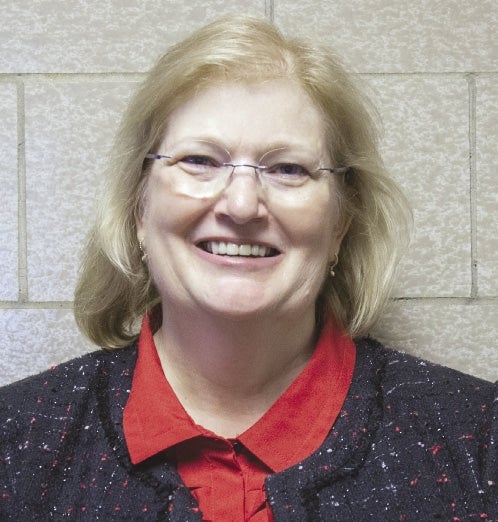Why QCC is focusing on robotics
 Photo | Courtesy of Quinsigamond Community College
Betty Lauer
Photo | Courtesy of Quinsigamond Community College
Betty Lauer
The purpose of education is to use a systematic approach to providing people knowledge, skills and abilities, which will increase their human capital and their intellectual capacity to succeed. Education is the fuel for economic growth. However, before education can happen, faculty at educational institutions must develop curriculum. Curriculum defines the subjects contained in a course of study and is the foundation of teaching and learning at any higher education institution.
Before developing a curriculum, faculty must explore the need for a given set of skills. This often takes the form of reviewing regional employment blueprints, career centers, and the U.S. Bureau of Labor Statistics to assess industry needs. If there is a demand for a set of skills by local business and industry, then the faculty can begin an academic program proposal.
Here are the Quinsigamond Community College School of Business, Engineering and Technology in Worcester, we explored the development of a curriculum for a robotics technician certificate. Research produced some important facts:
• Growth projections in the implementation of robotics across all industries are exploding.
• According to BLS, employment opportunities for robotics engineers are expected to increase over the next few years by 6.3%, and for robotics technicians the expected increase is 3%.
• According to BLS, robotics technicians make an average salary 66% more than the national average.
• According to zippia.com, New England has four of the top 10 states for jobs in the robotics field.
• Top industry sectors with a need for robotics skills are: manufacturing, agriculture, logistics, medical, and military, all of which flourish in Massachusetts.
Next, after identifying an industry need, comes identifying the student learning outcomes of the proposal.
Local industry executives and technicians joined together with college faculty in a business and industry leadership team event, for the purpose of defining a robotics technician curriculum.
The BILT process was developed by Ann Beheler, PhD at Collin College in Texas, with the goal of keeping curriculum current with demands from businesses. This process is to identify KSAa – knowledge, skills and abilities – businesses will need for right-skilled job candidates in the future. KSAs are defined and solidified through an industry partner voting process. Once the appropriate requisite skills are identified, faculty will develop a course of study.
Another common approach to instilling industry participation in curriculum is the use of advisory committees, which consist of industry experts advising or guiding curriculum development through a yearly meeting. By comparison, the BILT process is more aggressive with business and industry input.
A well-built curriculum has clear student learning outcomes at every juncture matching industry employment demands and leads to students entering the workforce to be hired as qualified applicants. A well-built curriculum has assessment methods for each of the outcomes reflecting student learning, and, most importantly, contributes to the workforce ecosystem.
The workforce ecosystem is a structure consisting of independent actors working together to achieve goals. These players include educators, learners, career centers, employers, and other industry associations, each with their own role and goals. When their collective goals align successfully, a more productive workforce is achieved, along with better employment options with upward mobility, employee satisfaction, higher profits, poverty reduction, and more.
Although the curriculum development lifecycle is arduous and continuous, it provides educators and local industry the opportunity to collaborate to create truly useful programs to enhance the student’s life and the community’s well-being. If you are interested in participating in this ecosystem, contact your local educational institutions.
Betty Lauer is dean for the School of Business, Engineering & Technology at Quinsigamond Community College in Worcester.
WBJ Web Partners
Betty, my company is interested in interns from this new program. We are in Worcester. Absolute Robot Corporation.







1 Comments